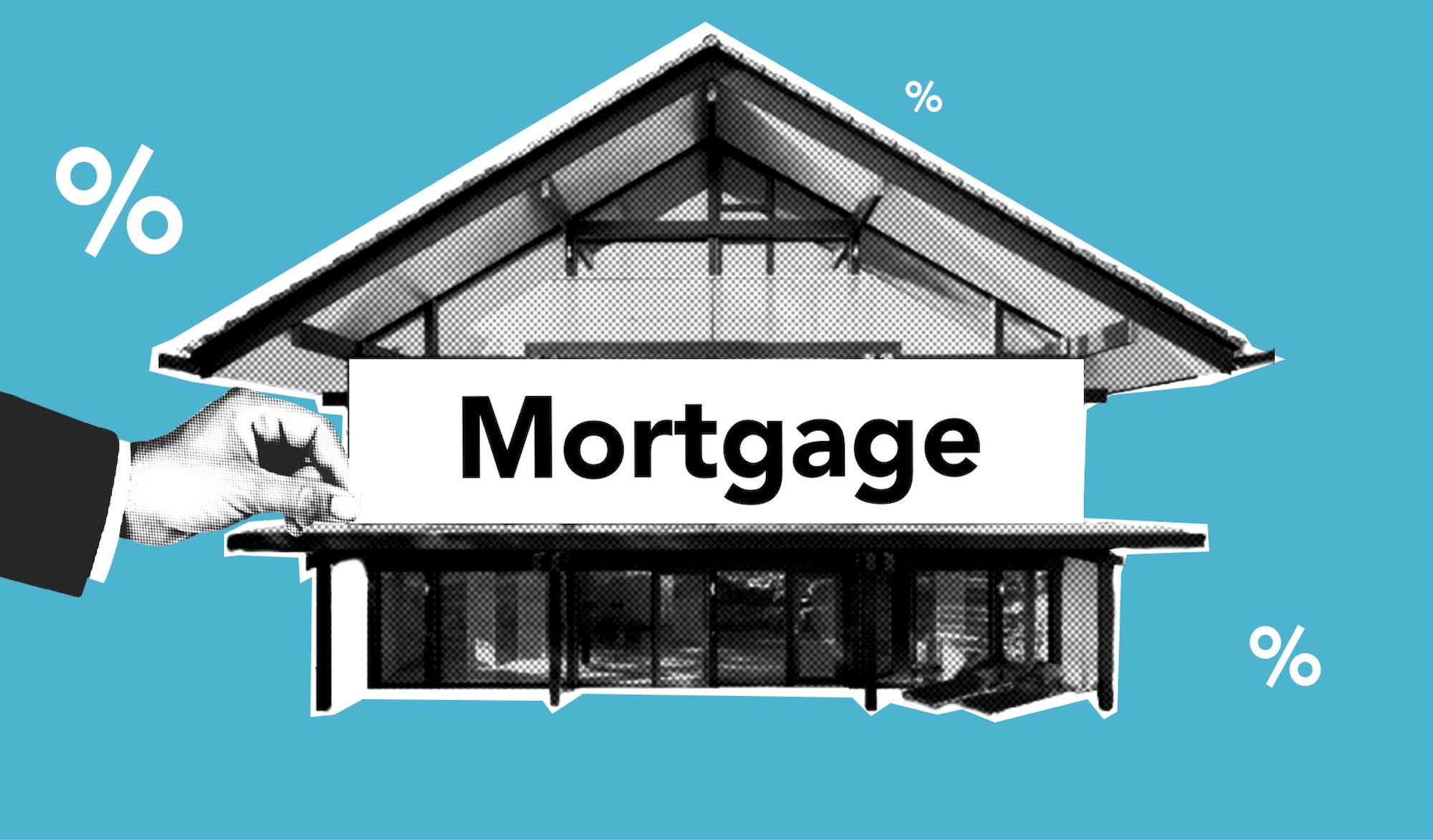Almost half (44%) of British people believe they will retire by their current retirement age, despite many not having a clear financial plan in place, according to research by SmartSave.
It found that while many thought they would retire by the current retirement age of 66, rising to 67 in 2026, only 54% of those confident in an early retirement had a clear financial plan in place.
Furthermore, less than half (48%) of those aged 55 or older who expected to retire by their retirement age had a plan in place.
However, of those planning to retire early, 58% said they would continue to work in some capacity, whether that’s freelance, part time or as a contractor, after retirement.
Of those who expect to retire late, only 28% had a clear financial plan for retirement.
More than a third (37%) of those expecting an early retirement said they did not know how many pension pots they had and how much was in them, rising to 49% of those planning to retiring later.
According to the study, higher interest rates had led to 43% of Brits contributing more to their pensions, with 52% planning to finance their retirement by primarily relying on their workplace pension.
Founder and chief executive officer at SmartSave, Andy Mielczarek, said that while many Brits hope to start enjoying retirement at the earliest opportunity, it was clear that those expectations "might be a little unrealistic" for those who do not plan ahead.
"The research seems to suggest that there is a knowledge gap between saver’s expectations for retirement and their realistic prospects," he continued.
“Nobody can afford to sleepwalk through preparing for later life, and Britons need to arm themselves with all the tools and resources at their disposal to secure for themselves the brightest possible future.
"Having a robust long-term strategy, checking up on pension pots regularly, and taking advantage of the best savings rates on the market can provide the leg up that these people need.
"The financial sector needs to do more to educate people about their financial wellbeing. Working with savers to help them fully understand their finances and establish healthy, lasting saving habits is an imperative for financial institutions, all of whom have a responsibility to help their customers make their retirement dreams possible."
Latest News
-
Residential property transactions fall 24% month-on-month
-
Later life lending loans jump 5.1% in Q4 2025
-
Mortgage Awards 2026: Winners announced
-
FCA outlines proposals to close gaps in borrowers’ credit files
-
St. James’s Place closes 2025 with record FuM
-
Average LTV on UK mortgaged home drops to 59% – IMLA
Mortgage Advice Bureau and AI in the mortgage sector
Chief executive officer at Mortgage Advice Bureau, Peter Brodnicki, and founder and managing director at Heron Financial, Matt Coulson, joined content editor Dan McGrath to discuss how Mortgage Advice Bureau is using artificial intelligence to make advancements in the mortgage industry, the limitations of this technology and what 2026 will hold for the market
Perenna and the long-term fixed mortgage market

Content editor, Dan McGrath, spoke to head of product, proposition and distribution at Perenna, John Davison, to explore the long-term fixed mortgage market, the role that Perenna plays in this sector and the impact of the recent Autumn Budget
NEW BUILD IN FOCUS - NEW EPISODE OF THE MORTGAGE INSIDER PODCAST, OUT NOW

Figures from the National House-Building Council saw Q1 2025 register a 36% increase in new homes built across the UK compared with the same period last year, representing a striking development for the first-time buyer market. But with the higher cost of building, ongoing planning challenges and new and changing regulations, how sustainable is this growth? And what does it mean for brokers?
Does the North-South divide still exist in the UK housing market?

What do the most expensive parts of the country reveal about shifting demand? And why is the Manchester housing market now outperforming many southern counterparts?
In this episode of the Barclays Mortgage Insider Podcast, host Phil Spencer is joined by Lucian Cook, Head of Research at Savills, and Ross Jones, founder of Home Financial and Evolve Commercial Finance, to explore how regional trends are redefining the UK housing, mortgage and buy-to-let markets.
In this episode of the Barclays Mortgage Insider Podcast, host Phil Spencer is joined by Lucian Cook, Head of Research at Savills, and Ross Jones, founder of Home Financial and Evolve Commercial Finance, to explore how regional trends are redefining the UK housing, mortgage and buy-to-let markets.
© 2019 Perspective Publishing Privacy & Cookies











Recent Stories